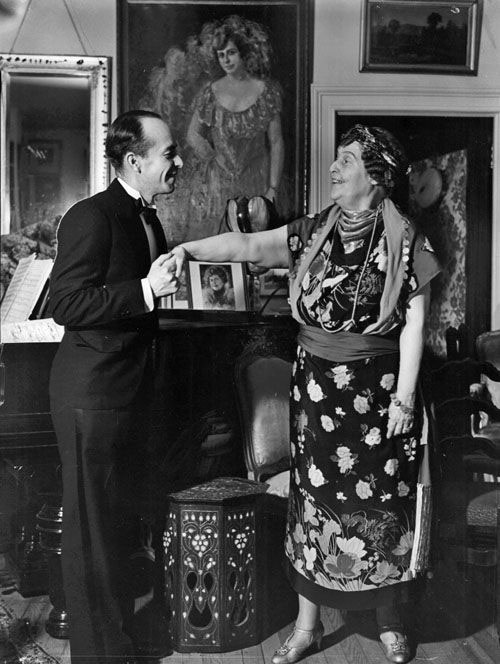
Notice how he delays the first caterwaul, like a maker of war films who waits to unleash the opening boom of artillery. Florence wants to sing.įrears, whose slyness has deepened with the years, is not averse to teasing. All goes well until, one evening, an old need rears its head again. His earthly task is to serve the needs of his wife, who inherited money and, with it, a plush sense of entitlement. In any case, he has found a higher calling. Clair claims to be “free from the tyranny of ambition,” and you can see his point. To realize that one is second-rate can be an epiphany of sorts, or, at least, an immense relief. The most touching thing is that he doesn’t seem to mind. His delivery is, let us say, more impassioned than convincing, and we are instantly aware that here is someone who has fallen short. Resplendent in white tie and tails, he recites a speech from “Hamlet,” for the benefit of guests at a New York soirée. Clair Bayfield (Hugh Grant), who was once an actor and likes to keep his hand in. The first person we meet is not the heroine but her husband, St. When she declares that “music has been, and is, my life,” you believe her. On the contrary, Streep is right there, solidly invested in the folly of Florence’s dreams. Yet her performance is the most successful of the three not once do you feel that she knows better than Florence-that the leading lady is looking down on her creation, as it were, with an arch of the eyebrow or a taunting glint in the eye. In both cases, sheer dramatic skill threatened to overwhelm the facts of the character, and you half-expect Streep to follow suit. Seven years earlier, in Frears’s “The Queen,” Helen Mirren took the part of Elizabeth II and lent it a musing reflectiveness that, however winning, seemed slightly at odds with the dutiful pragmatist, braced by common sense, who occupies the British throne. The tale was astutely told, though it couldn’t avoid a murmur of condescension. Think of “Philomena” (2013), in which Judi Dench played a simple soul on a quest for her long-lost son.


If you want to see real-life women of a certain age incarnated by the most formidable actresses, then Frears is your man. There is something of a pattern here, and a risk. Who better to play the incompetent Florence than someone whose plenitude of gifts has been an article of faith for almost forty years? “Florence Foster Jenkins,” written by Nicholas Martin and directed by Stephen Frears, stars Meryl Streep in the title role. Never has ignorance been such cloudless bliss her self-delusion, buoyed by those about her, amounted to a kind of genius, and the story of that unknowing has now inspired a bio-pic. As a singer, she could not hit a note, yet somehow she touched a chord-murdering tune after tune, and drawing a legion of fans to the scene of the crime. The defining talent of Florence Foster Jenkins (1868-1944) was that she had no talent.


 0 kommentar(er)
0 kommentar(er)
